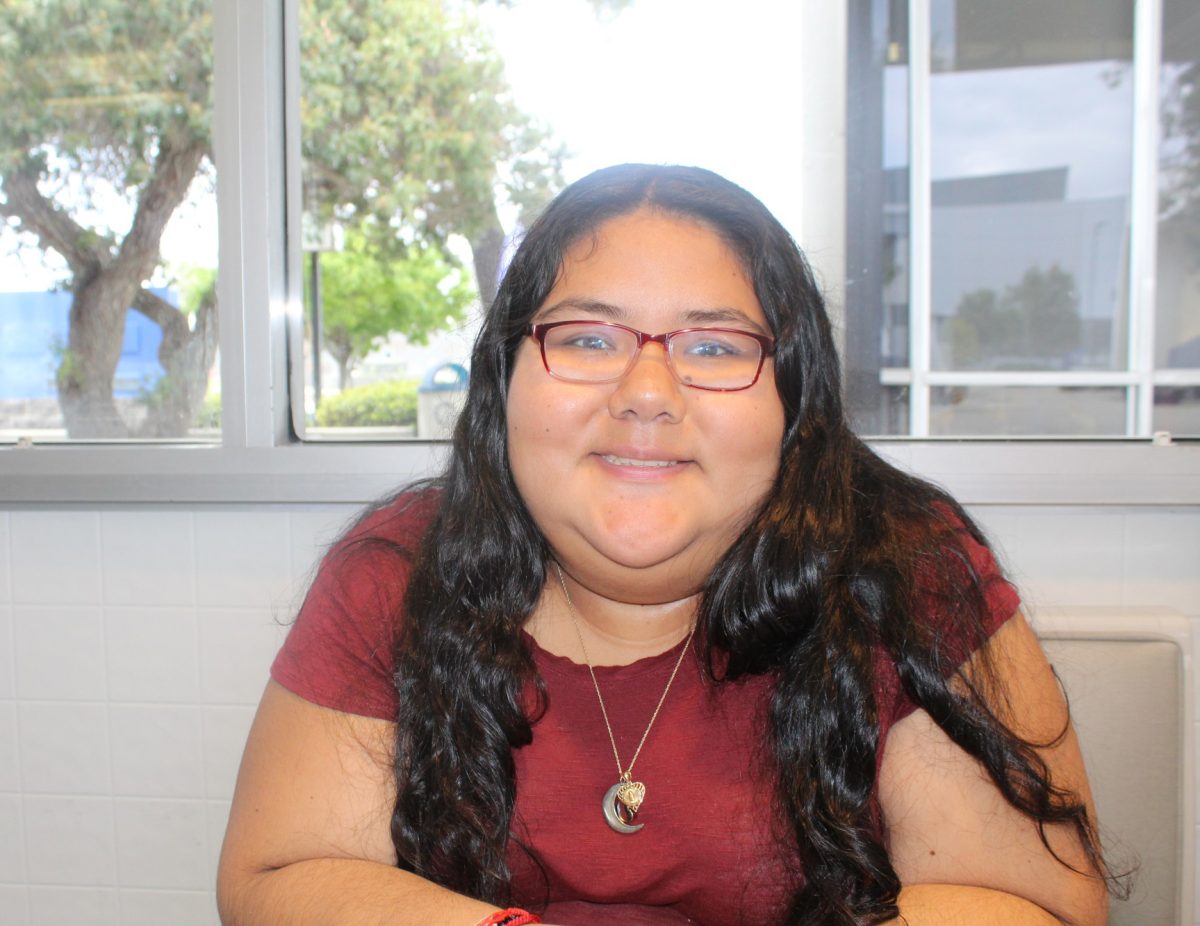I get it, you’re curious and maybe even excited by the thought of a child’s future career.
Still, that curiosity often leads to one well-meaning, but potentially harmful question: “What do you want to be when you grow up?”
Although it may seem like a lighthearted question, it begs the question, “Am I doing what I envisioned when I was 5, 10, or 15 years old?”
According to a 2019 article on The Ladders, a survey conducted by TollFreeForwarding found that only 10% of people are currently in their childhood dream job. That means most of us end up on completely different paths – and that’s OK.
But what’s not OK is pressuring kids to grow up too fast or chase a dream they’ve outgrown.
According to the U.S. Bureau of Labor Statistics, people born between 1957 and 1964 held an average of 12.7 jobs between the ages of 18 and 56. Even in their mid-30s to mid-40s, about 25% of the jobs they started ended in less than a year.
This shows that adults tend to switch careers, grow out of roles and constantly refine their sense of purpose.
So, why expect children to have it all figured out? They have their whole lives to explore, learn and mature.
Instead of asking, “What do you want to be when you grow up?” try asking, “What do you enjoy doing?”
It opens up the conversation in a way that encourages curiosity and exploration without putting pressure on kids to have their future all figured out.
This also helps them develop a sense of self-awareness – helping them see that their value isn’t tied to a specific career, but rather to their interests and passions.
When people ask kids what they want to be, it can often be less about genuine curiosity and more about making disparaging remarks.
“You want to be an astronaut? Space is scary.” This approach doesn’t encourage exploration of interests – instead, it can dampen a child’s enthusiasm and discourage them from thinking big.
When kids are encouraged to talk about what they enjoy, they begin to understand their interests, strengths, and passions – not just what sounds impressive to adults.
This kind of open-ended curiosity helps build confidence because it shows them that who they are matters more than who they’re expected to become.
In our culture, people are defined by their jobs, but kids see the world through possibilities, not job titles.
This difference between how adults and children view themselves is why the question can be harmful, as it pressures kids to define themselves by a job they may not fully understand, limiting their imagination and growth.
In a world filled with societal pressures and expectations, why not be someone these children can look to as a beacon of light?
Guide them to a future where they’re free to chase what excites them, rather than being trapped in a game of “pick your dream job” before they’ve even had a chance to figure out what it is they like.










